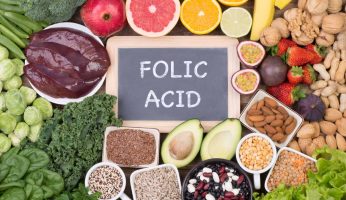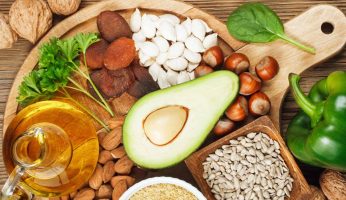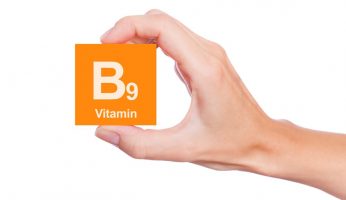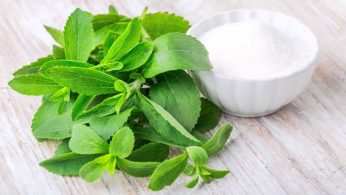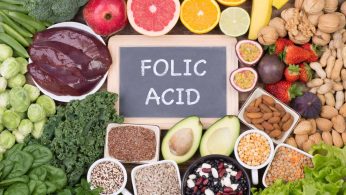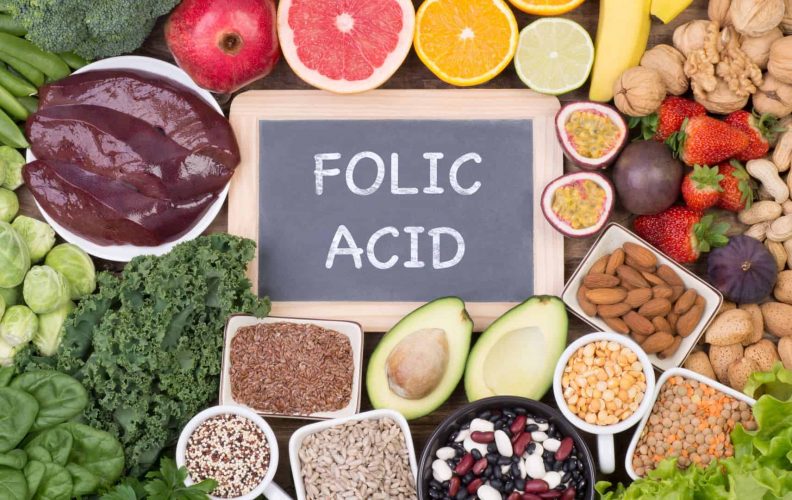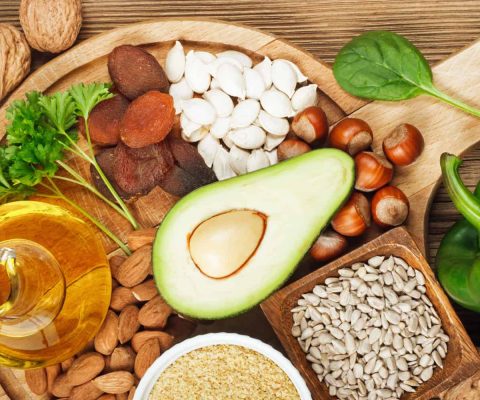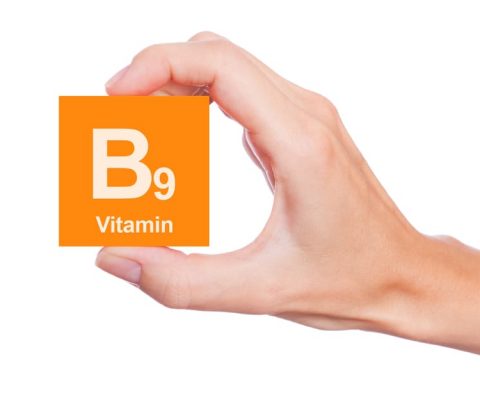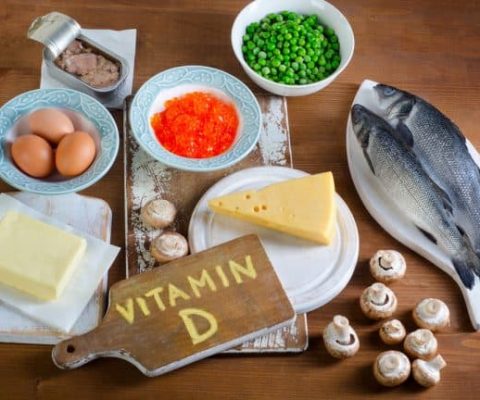Difference Between Vitamins And Supplements
Disclosure: We use affiliate links and may receive a small commission on purchases.
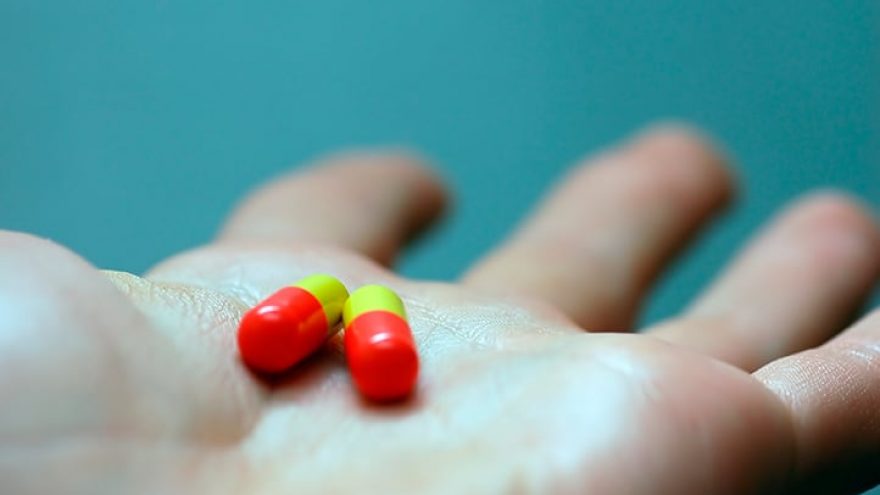 Difference Between Vitamins And Supplements
thefitbay.com
Difference Between Vitamins And Supplements
thefitbay.com
If you are interested in adopting a healthier lifestyle, you are going to hear the words ‘vitamins’ and ‘supplements’ everywhere you go. Whilst some people may believe they are experts on vitamins, a lot of people don’t know the hard, solid facts. Many people also don’t know the full difference between natural vitamins and health supplements, and as you’ll see from this article that can be a big problem. Read on to discover everything you need to know about vitamins and supplements for a healthy lifestyle.
Vitamins
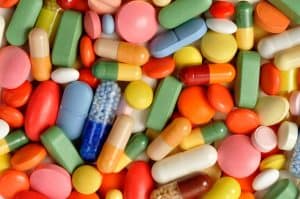
Vitamins such as Vitamins C, A, D, and B12 are all organic compounds that are found naturally in certain food sources. Vitamins are essential because your body needs them in order to function properly, and failure to get frequent small doses of vitamins from a varied diet (vitamin deficiencies) can lead to all sorts of health problem.
For example, your body cannot make vitamin C on its own so you have to get if from your diet. Vitamin C is commonly found in fruits (especially citrus) and vegetables, and your body needs it to protect your immune system and help repair the tissues in your body, which includes things like your teeth, tendons, and bones. If you have a vitamin C deficiency it can eventually lead to scurvy, and the symptoms of scurvy can include muscle and joint pains, splitting hair, bleeding joints and teeth loss.
Vitamin B12 has a lot of functions like helping with the formation of your red blood cells (essential for oxygen) and your DNA. A lot of people aren’t getting enough B12 as, again, your body can’t produce it by itself and you need to eat foods that are high in B12, namely meat, egg, fish, and milk. A B12 deficiency can lead to anaemia, which can result in vision problems, fatigue, and even depression.
Two types of vitamin
There are two main vitamin groups, which are fat-soluble vitamins and water-soluble vitamins.
Fat-soluble vitamins
Fat-soluble vitamins are stored in your liver and fat supplies after being consumed, which means your body holds onto them for longer and you don’t need to eat these vitamins every day to stay healthy. Vitamins that are fat-soluble include Vitamins A, D, E and K. If you have too much of these vitamins it can actually be dangerous because the excess vitamins will be stored in your body and too many can prove toxic.
Water-soluble vitamins
Excess water-soluble vitamins are removed from the body through urine, so your body does not keep hold of excess supplies and you need to eat more of these vitamins to stay healthy. The vitamins that are water-soluble include vitamin C and the B vitamin group. It’s not as big a problem if you have excessive amounts of vitamin C or B vitamins because your body will get rid of the excess.
Vitamin deficiency
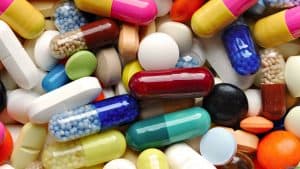
If someone’s diet is deficient in certain vitamins, it can lead to illness, chronic health problems and even death in extreme cases. These problems can take months or even years to become obvious, but they can lead to long-term ailments if the body is not getting all the vitamins it needs.
Someone is more likely to develop a vitamin deficiency if they don’t follow a healthy diet and don’t eat enough fruit and vegetables, but some vitamins are harder to come by than others. B12 deficiency is a big problem for vegans and strict vegetarians because natural B12 only naturally occurs in meat, fish, egg, and milk. Someone who follows a very healthy fruit and vegetable-based diet could still become sick if they don’t get enough B12.
The fact is that a lot of people don’t feel they can get all their vitamins naturally. Some people say they are too busy to eat five fruit and vegetables a day, some people don’t have time to cook and opt for microwave meals and sandwiches, and some people just do not like eating the foods that are typically high in vitamins I.e vegetables, fruit, nuts and healthy meats. Other people may have a pre-existing condition that stops them naturally absorbing the vitamins found in food.
If you can’t (or won’t) get your vitamins from natural sources, you still have a few options. Many breakfast cereals are fortified with one or multiple vitamins, and you can buy other products that have been fortified with vitamins. You can also take dietary supplements in the form of capsules, tablets, and powders.
Supplements
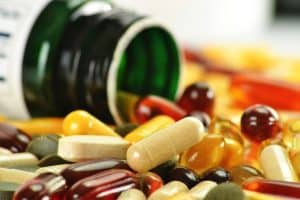
If you feel your diet is not giving you enough vitamins, some people choose to buy one or multiple dietary supplements. These supplements are intended to do as the name suggests; they aim to complete your vitamin intake or enhance the effects of the vitamins you are already getting. A vegan or strict vegetarian with a B12 deficiency can buy B12 supplement pills and get a healthy dose of B12 without having to change their diet.
Supplement controversy
Dietary supplements have been the subject of debate many times of the last decade or so. Whilst they are meant to make you healthier, some people believe they are at best ineffective and at worst actively harmful.
The problem with supplements is that many of them are synthetic versions of the vitamin. They don’t come from natural food sources, and this means they may not hold the same nutritional value as natural sources. Although many vitamin supplements are labelled as being ‘natural’, studies have found that up to 90% are actually synthetic versions of natural vitamins.
Experts are actually undecided on how beneficial vitamin supplements actually are. Some studies show that vitamins can help make you more energetic and increase your well-being, but others have shown vitamin supplements to be harmful. Some doctors argue that because synthetically made vitamins are not natural, the body doesn’t recognise them in the same way it recognises natural vitamins, and therefore they either don’t have the same health benefits or these benefits are reduced. One thing the experts do agree on is that you should not take supplements in place of a healthy diet, and you should try to get as many vitamins as possible from natural sources.
Whilst some people take supplements to ward off health issues such as cancer or heart attacks later in life, there is no evidence that taking supplements is linked to a lower risk of developing these diseases. For example, some people take antioxidant supplements to protect them from cancer and feel confident that all these extra vitamins will protect them. Unfortunately, the evidence actually shows the opposite because whilst there is no evidence that these supplements lower the risk of cancer, some studies show people who take antioxidant supplements may haver a higher cancer risk.
Too much of a good thing
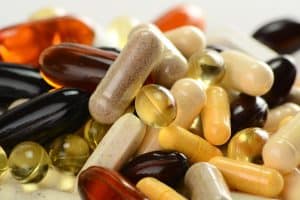
Having more than the recommended vitamin dose can be dangerous. This is especially true of the ‘fat-soluble’ vitamins we looked at earlier, because these vitamins are typically stored in the liver, and very high doses can become toxic and lead to liver damage because your body can’t simply remove them. Too much Vitamin A can also lead to bone softening, dizziness, blurred vision and birth defects if you are pregnant.
Some people take high doses of vitamins because they believe the more they take the healthier they will become, but at best overdosing won’t do anything at all, and could lead to serious problems at worst. Many vitamin supplements can include more than twice the recommended dose of that particular vitamin, and that’s forgetting that you are (hopefully) already getting that vitamin from natural sources.
It is easier than you would think to have too many vitamins. Say for example you become paranoid about one particular vitamin deficiency and so you start eating a lot of foods that naturally contain that vitamin, but you don’t believe you’re getting enough so you also take a supplement. That, if done over a period of time, could prove really dangerous even if you’re not overdoing the supplements themselves.
Supplements can help but not prevent
Some experts believe that whilst vitamin supplements may be helpful for people who already have an illness or deficiency, healthy people who take vitamins don’t seem to get any significant health benefits. Vitamin C, for example, is widely believed to help relieve the symptoms of a common cold, and this is probably true. But vitamin C won’t stop you getting a cold, it will just help you fight the cold when you already have it.
Minerals
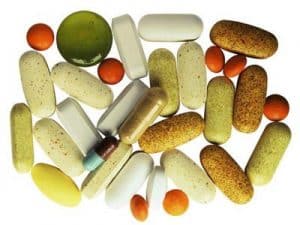
Minerals, like vitamins, are found in various food sources and are important for a healthy immune system. Some of the most popular minerals include calcium and iron, but there is a long list of minerals that should be incorporated into a balanced diet.
Calcium
Calcium is famous for keeping your bones strong, but it also helps regulate your muscle contractions (which is essential for a healthy heart) and makes sure your blood clots normally. Eating enough calcium is important for warding off osteoporosis later in life, and it’s very important that children get enough calcium to fight against rickets. Although calcium is most famously found in dairy foods like cheese and yoghurt, you can also get calcium from tofu, soy, broccoli, bread, and nuts.
Iron
Iron is very important for your circulation because it helps your body make red blood cells. It is also important for your bodies immune system and muscle formation. Iron is typically found in meat, but vegetarians can get enough iron from beans, nuts, kale and brown rice.
Mineral supplements
Iron, calcium, and other mineral supplements can be purchased in the same way (and in the same section) as vitamin supplements. Some people, especially vegetarians and vegans, may take these supplements because they don’t feel they are getting enough natural minerals in their diet. Unfortunately, mineral supplements work much the same as vitamin supplements, and there is no clear evidence that they are beneficial. Excessive consumption of some minerals such as iron can also lead to health problems.
A healthy lifestyle
Supplements should only be used when you know you can’t get that vitamin/mineral from other sources, or when it is prescribed by a doctor. You should be getting the majority of your vitamins and minerals from natural food sources, because not only are you very unlikely to overdose on food-based vitamins but these vitamins are likely to be more effective than their synthetic counterparts.
We naturally adapted to get these nutrients from food, and that is how our body works best. Dietary supplements are a controversial subject that some people feel very strongly about one way or the other, but we can say that nature should be your first choice.

